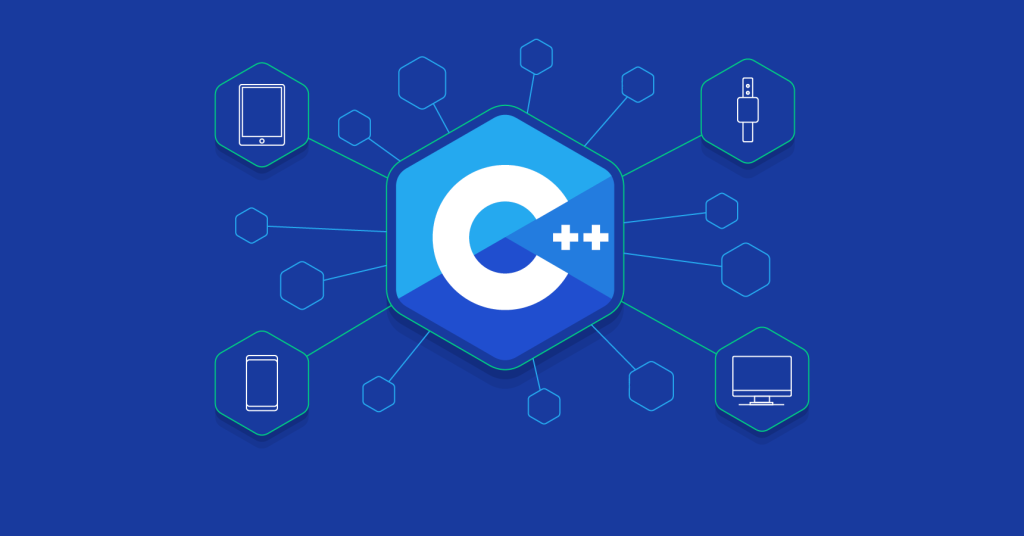
Learning C++ is an excellent step for those who want to build more complex and powerful applications. C++ is an extension of the C programming language with added features. Here’s a guideline to help you get started with C++:
1. **Environment Setup:**
– Install a C++ compiler on your computer. Common choices include GCC (GNU Compiler Collection) for Unix-like systems and MinGW for Windows.
2. **Basic Syntax and Concepts:**
– Familiarize yourself with C++ syntax, data types, variables, and operators. Understand C++’s object-oriented concepts like classes and objects.
3. **Functions and Methods:**
– Learn about defining and using functions in C++. Also, explore member functions (methods) within classes.
4. **Classes and Objects:**
– Understand C++ classes and how to create objects from those classes. Learn about access specifiers (public, private, protected) and how they affect class members.
5. **Inheritance:**
– Explore inheritance in C++, which allows you to create a new class based on an existing class, inheriting its properties and methods.
6. **Polymorphism:**
– Learn about polymorphism, which allows objects of different classes to be treated as objects of a common base class.
7. **Templates:**
– Understand C++ templates, which enable you to write generic functions and classes that work with various data types.
8. **Standard Template Library (STL):**
– Familiarize yourself with the STL, which provides useful data structures (e.g., vectors, lists, maps) and algorithms (e.g., sorting, searching) to simplify C++ development.
9. **File I/O:**
– Learn how to read from and write to files in C++ using file streams.
10. **Exception Handling:**
– Explore C++’s exception handling mechanism to deal with runtime errors and exceptional situations.
11. **Smart Pointers:**
– Learn about C++ smart pointers (unique_ptr, shared_ptr, weak_ptr) to manage memory more efficiently and safely.
12. **C++ Standard Library:**
– Become familiar with the C++ Standard Library, which provides a wide range of functions and classes for common tasks.
13. **Debugging:**
– Use debugging tools and techniques (e.g., print statements, debugging environments) to find and fix issues in your C++ code.
14. **Coding Style and Best Practices:**
– Follow coding style guidelines and best practices to write clean, readable, and maintainable C++ code.
15. **Practice and Projects:**
– Practice coding regularly and work on small projects to apply your knowledge and gain experience.
16. **Resources and Books:**
– Consider reading books and tutorials on C++ programming. Some recommended books include “C++ Primer” by Stanley B. Lippman, “The C++ Programming Language” by Bjarne Stroustrup, and “Effective C++” by Scott Meyers.
17. **Online C++ Compiler:**
– Use online C++ compilers to practice coding without installing a local development environment.
Learning C++ may seem challenging at first, but with consistent practice and patience, you can become proficient in this powerful programming language. As you progress, consider exploring more advanced topics like multithreading, networking, and graphics programming. Happy coding!